As businesses continue to migrate their workloads to the cloud, optimizing costs has become a critical aspect of cloud management. Amazon Web Services offer a great number of tools to help you manage and control your cloud spending.
In this comprehensive guide, we will explore over 10 essential AWS cost reduction tools, including AWS native tools, open-source solutions, and third-party SaaS tools.
We will delve into the benefits and potential limitations of each tool to help you make informed decisions for your cloud expense management strategy.
AWS native cost optimization tools
1. AWS Cost Explorer
Cost Explorer is a powerful native tool that provides an intuitive interface for visualizing and analyzing your AWS costs. It offers an overview of your usage patterns, allowing you to identify cost spikes and trends. With customizable filtering and grouping options, you can drill down into specific services and timeframes to gain deeper insights. Although it lacks advanced predictive features, the Cost Explorer is a great starting point for gaining visibility into your spending.
Benefits:
Easy-to-use interface for expense visualization.
Customizable filtering and grouping options.
Helps identify usage patterns and expense drivers.
Limitations:
- Lacks predictive expense analysis.
2. Trusted Advisor
Trusted Advisor provides recommendations for cost optimization based on best practices. It analyzes your AWS environment and suggests ways to improve performance and reduce costs. Trusted Advisor provides resources, security, fault tolerance, and expense optimization guidance. It helps you identify idle resources, unused EC2 instances, and potential savings opportunities. With its valuable insights, the Trusted Advisor maximizes expense efficiency and optimizes your infrastructure. By leveraging the power of NLP and cloud computing, this is one of the AWS cost optimization tools that help you make informed decisions for better financial management and elasticity in your AWS account.
Benefits:
Offers actionable recommendations based on best practices.
Covers various aspects of cloud optimization.
Limitations:
- Recommendations might not cover all use cases.
3. Budgets
Budgets empower you to set and track expense and usage budgets. It sends alerts when you exceed predefined thresholds, helping you proactively manage and control spending. The tool provides both cost and usage forecasts, enabling you to anticipate future expenses. However, it lacks advanced optimization features beyond budget tracking.
Benefits:
Alerts and notifications for expenditure overruns.
Forecasts for expense and usage.
Limitations:
- Focused primarily on budget tracking.
4. Cost Anomaly Detection
Cost Anomaly Detection leverages machine learning to identify unexpected spending patterns. It automatically detects anomalies and provides insights into potential causes. This is one of the AWS cost optimization tools that are particularly useful for rapidly identifying and addressing sudden expense increases. However, it may not provide detailed insights into the underlying causes of anomalies.
Benefits:
Automated anomaly detection.
Quick identification of unexpected cost spikes.
Limitations:
- Limited insights into anomaly causes.
5. CloudWatch
Amazon CloudWatch offers comprehensive monitoring and visibility into your resource utilization and costs. With real-time metrics and logs, CloudWatch provides valuable insights into your application’s performance, allowing you to make informed decisions regarding expense optimization. By setting alarms, you can receive notifications when costs exceed predefined thresholds, helping you stay on your budget. Additionally, CloudWatch identifies underutilized instances and provides right-sizing recommendations to help optimize resources. As a powerful optimization tool, Amazon CloudWatch plays a crucial role in both expense optimization and performance monitoring.
Benefits:
Monitoring and analytics for AWS resources.
Indirect insights into resource utilization.
Limitations:
- Primarily focused on monitoring and analytics.
What are some popular open-source AWS cost optimization tools?
Open-source solutions, such as Cloud Custodian and Cloudonaut, provide an alternative approach to cost management in AWS. These tools offer flexibility, customization, and effectiveness compared to native options. By enhancing visibility, automation, and analytics, open-source solutions enable better expense optimization.
Additionally, these solutions complement native AWS cost optimization tools, providing additional capabilities for expense management. With open-source solutions, users can maximize their cloud computing resources, increase savings, and optimize their AWS accounts.
6. Cloud Custodian
Cloud Custodian is an open-source tool that focuses on policy-driven expense optimization and resource management. It helps users define policies to enforce saving measures and automate resource cleanup.
7. Prometheus and Grafana
Prometheus is a popular open-source monitoring and alerting toolkit that can be used for expense optimization. It allows users to monitor resource usage and identify areas for cost reduction. Grafana, another open-source tool, provides a visualization platform that integrates with AWS services for expense analysis. It enables users to create interactive dashboards and visually explore their AWS cost data.
8. Komiser
Komiser is an open-source tool that analyzes expenses, usage, security, and governance for cloud services. Using this tool you can control your resource usage and gain visibility across all used services, detect potential vulnerabilities that could put your cloud environment at risk, and get a deep understanding of how you spend on cloud (including AWS support).
Third-Party SaaS cost optimization Tools for AWS
SaaS tools provide cloud expense management solutions, eliminating the need for infrastructure setup. They offer out-of-the-box features, ease of use, and scalability for optimizing costs.
Additionally, SaaS AWS cost optimization tools leverage machine learning algorithms to automate processes, making it easier for businesses to optimize workload and resource allocation for cost savings. Furthermore, these tools provide comprehensive analytics and reporting capabilities, offering better visibility into the cloud bill and facilitating informed financial management decisions.
9. CloudCheckr
CloudCheckr is a third-party SaaS tool that offers comprehensive cloud management capabilities. It provides detailed cost allocation, analysis, and optimization recommendations. Additionally, CloudCheckr offers security and compliance features. However, the extensive feature set might be overwhelming for smaller businesses.
Benefits:
In-depth expense allocation and analysis.
Security and compliance features.
Limitations:
- Extensive feature set may be excessive for some users.
10. ParkMyCloud
ParkMyCloud specializes in optimizing AWS costs through** automated scheduling of non-production resources**. It identifies idle resources and schedules them to turn off during specified periods, reducing unnecessary spending. However, it is limited to resource scheduling and might not cover all cost optimization scenarios.
Benefits:
Automated scheduling for idle resources.
Reduction of non-production resource expenses.
Limitations:
- Limited to scheduling idle resources.
11. CloudHealth by VMware
CloudHealth offers a comprehensive cloud management platform. It provides visibility into expense and usage, along with recommendations for rightsizing instances, managing reservations, and more. While its rich feature set is beneficial, the complexity might require some learning curve.
Benefits:
Holistic cloud management platform.
Recommendations for rightsizing and reservation management.
Limitations:
- Complexity might require time for mastery.
12. Apptio Cloudability
Apptio Cloudability focuses on providing real-time expense visibility and optimization for multi-cloud environments, including AWS. It helps you understand expense drivers and offers insights for optimizing expenses. However, the emphasis on multi-cloud might not be suitable for organizations solely using AWS.
Benefits:
Real-time expense visibility for multi-cloud environments.
Insights for optimizing expenses.
Limitations:
- May not be ideal for organizations exclusively on AWS.
13. Turbonomic
Turbonomic is an AI-driven tool that optimizes AWS costs by continuously analyzing workloads and recommending resource adjustments. It offers real-time optimization and can help prevent over-provisioning. The AI-driven approach might not be suitable for organizations with specific resource allocation requirements.
Benefits:
Real-time optimization with AI-driven recommendations.
Prevention of over-provisioning.
Limitations:
- AI-driven approach might not fit all resource allocation scenarios.
14. Microtica’s Cloud Optimizer
Microtica offers a Cloud Cost Optimizer feature — a robust tool that automates optimization. It provides waste advice to help optimize AWS resources by rightsizing*, automated sleeping schedules*, and comprehensive expense reports and dashboards. It seamlessly integrates with your CI/CD pipeline, offers real-time monitoring, and helps in achieving optimal resource utilization.
Benefits:
Automated cost optimization through sleeping schedules.
Integration with CI/CD pipeline for seamless deployment.
Real-time monitoring and alerts for saving opportunities.
Limitations:
Supports Amazon Web Services only.
Requires familiarity with Microtica’s platform.
Conclusion
Optimizing expenses is a multifaceted challenge that requires a combination of tools and strategies. The AWS cost optimization tools mentioned above provide a diverse set of capabilities for expense analysis, optimization, and management. To create an effective expense optimization strategy, consider combining multiple tools that align with your organization’s goals and needs.
Native tools like AWS Cost Explorer and Trusted Advisor offer foundational insights, while third-party solutions like CloudCheckr and CloudHealth offer more comprehensive expense management capabilities. By leveraging the strengths of these AWS cost savings tools, you can take control of your spending and ensure your cloud resources are used efficiently and cost-effectively.


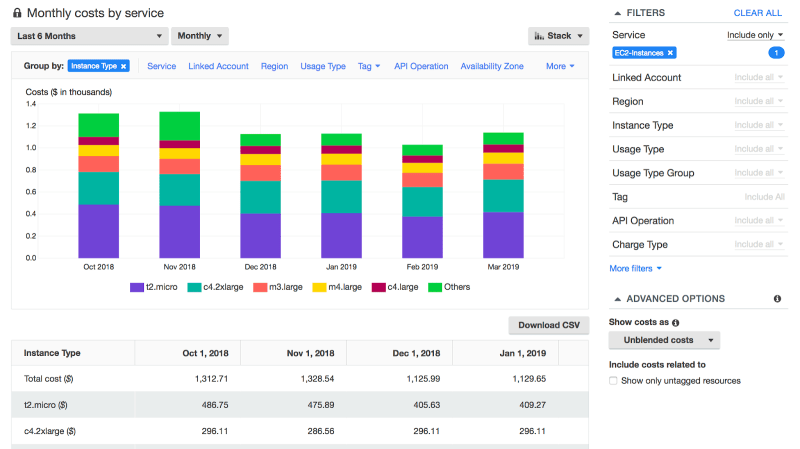

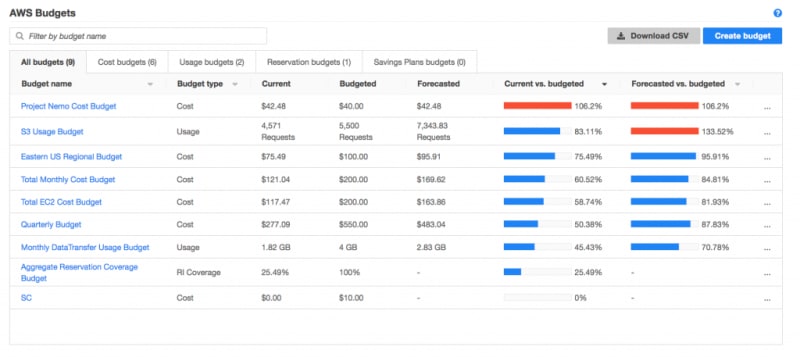
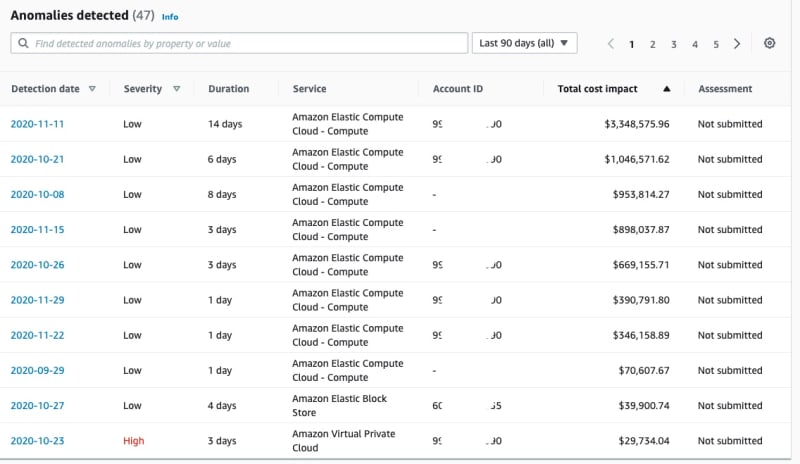
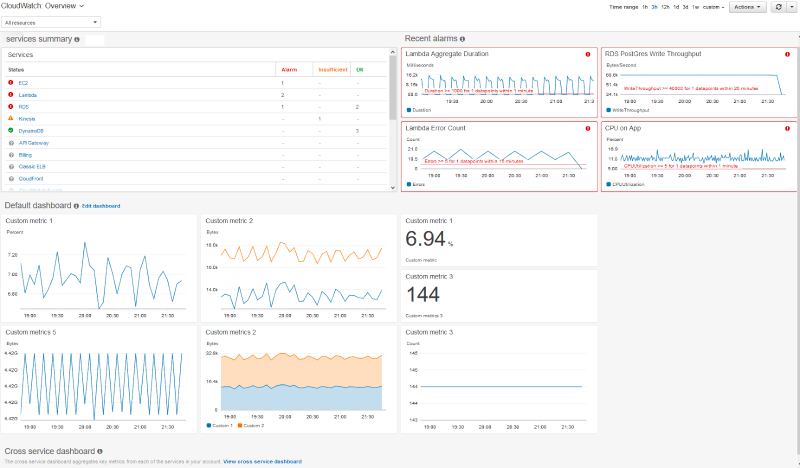
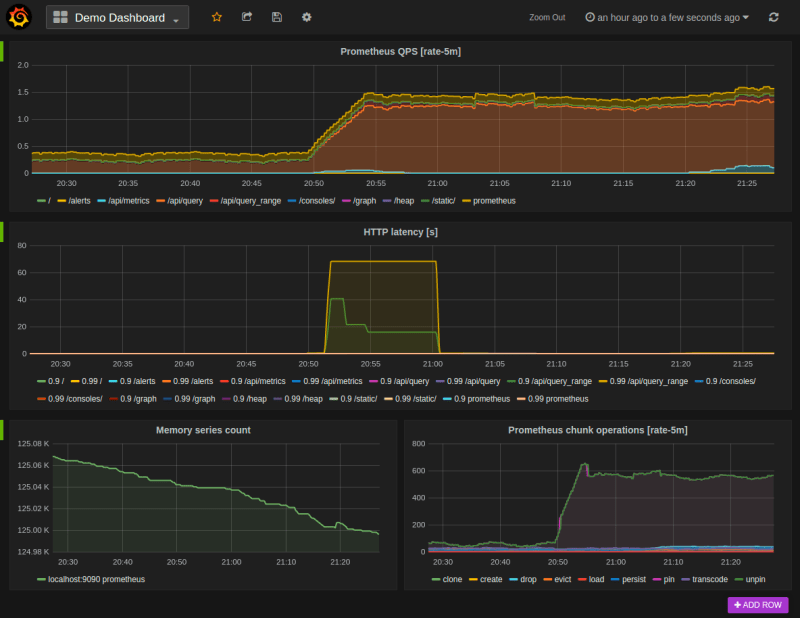





Top comments (0)